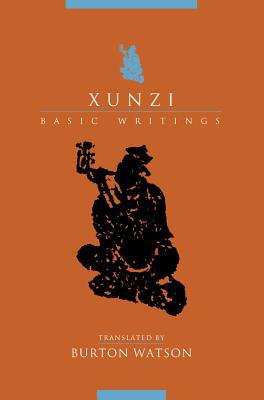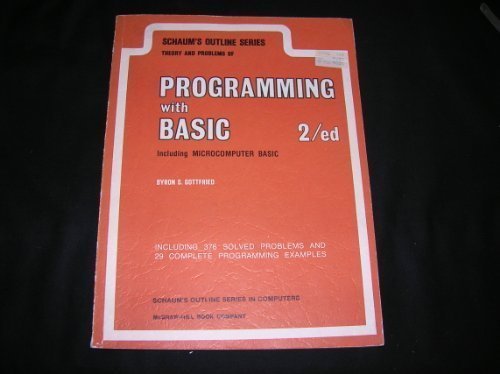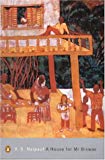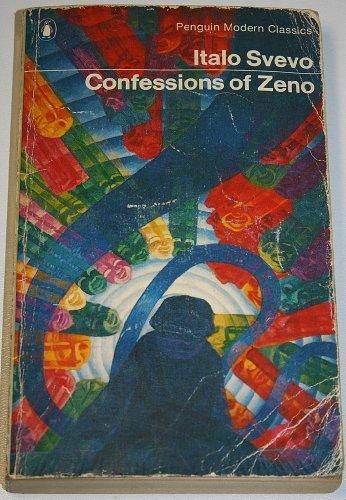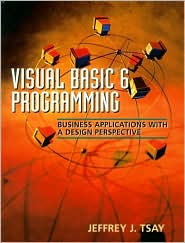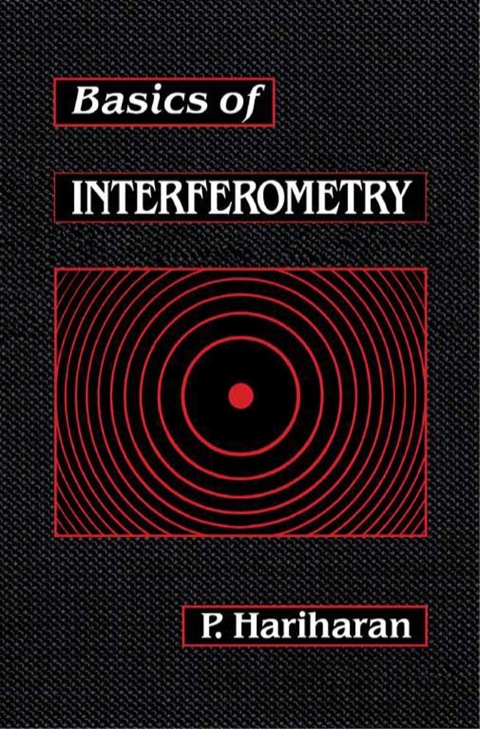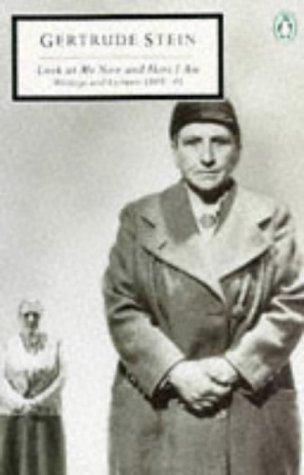Xunzi: Basic Writings (Translations from the Asian Classics)
Xunzi (c. 312 B.c. - ?) Asserted That The Original Nature Of Man Is Evil, Thus Differing From Mencius, His Famous Predecessor In The Confucian School. However, Xunzi Was Optimistic That Man's Evil Could Be Counteracted Through Study And Moral Training Led By The Example Of Virtuous Rulers. Although He Respected The Military And Economic Accomplishments Of The State Of Qin, He Condemned The Harsh And Terroristic Methods That Would Later Be Championed By His Student Han Feizi. The Xunzi Is Written With A Precision And Elegance That Was Unrivaled In The Ancient Period, And Was The Most Complete, Well-ordered Philosophical System Of His Day. Today's Reader Will Find Its Ideas On Leadership, Education, And Moral Training Surprisingly Close To Concerns Of Our Own Age.--book Jacket. Encouraging Learning -- Improving Yourself -- The Regulations Of A King -- Debating Military Affairs -- A Discussion Of Heaven -- A Discussion Of Rites -- A Discussion Of Music -- Dispelling Obsessions -- Rectifying Names -- Man's Nature Is Evil. Translated By Burton Watson. Includes Bibliographical References And Index.
Philosophy, Confucian, Philosophy, Chinese, Philosophy, Chinese--To 221 B.C, B128.H68 E5 2003, 181/.112
| Name in long format: | Xunzi: Basic Writings (Translations from the Asian Classics) |
|---|---|
| ISBN-10: | 0231129653 |
| ISBN-13: | 9780231129657 |
| Book pages: | 160 |
| Book language: | en |
| Edition: | First |
| Binding: | Paperback |
| Publisher: | Columbia University Press |
| Dimensions: | Height: 0.45 Inches, Length: 7.88 Inches, Weight: 0.49 Pounds, Width: 7.12 Inches |

